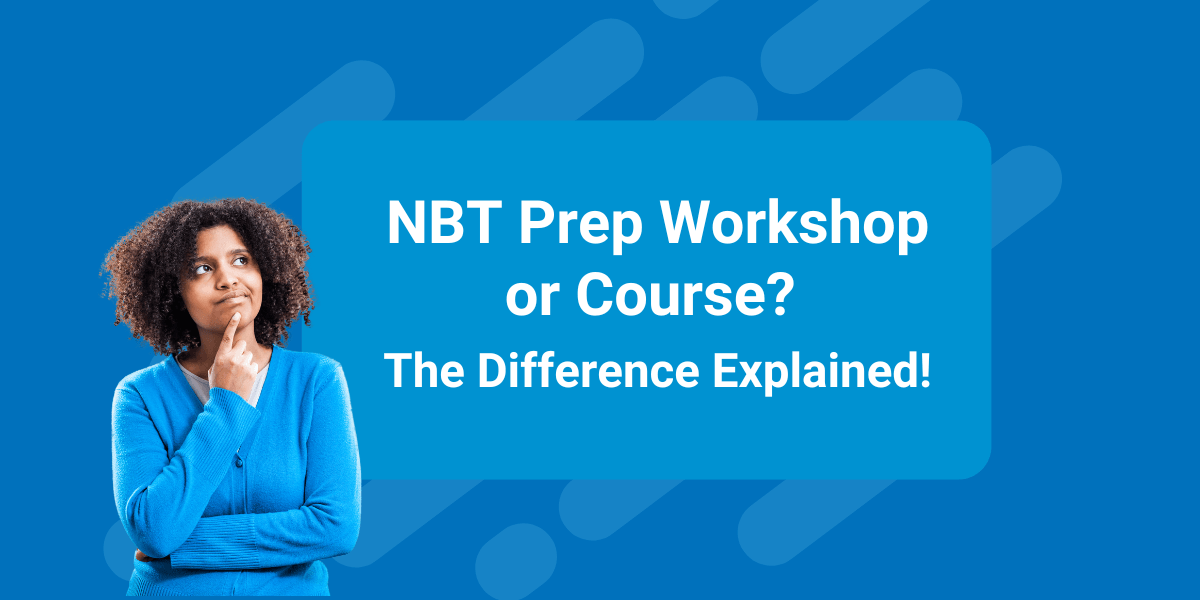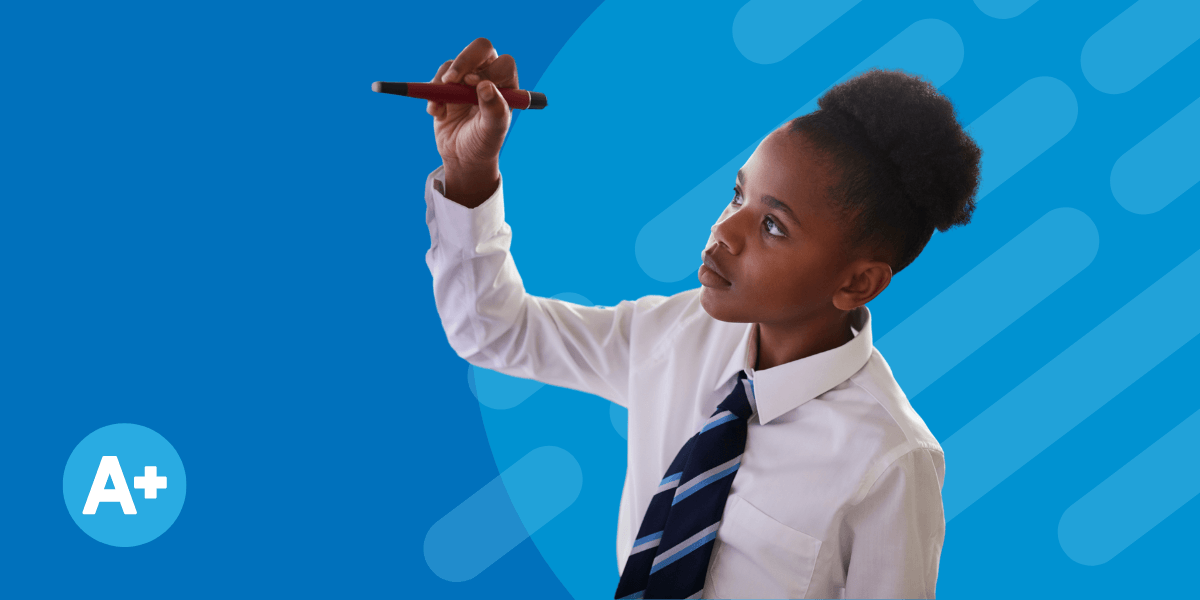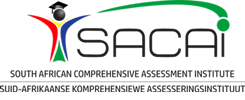
Turnaround your school’s Maths performance
Neo Series


We’re excited to have held our first Educator Session powered by Neo Series. The purpose of these sessions is to give educators an opportunity to engage with a topical issue in high school Maths education via a keynote speaker and discussion. If you’re an educator looking to join us live for our next session, click here to visit our webinars page and register for the next one or reach out to us at [email protected].
So the aim will be that we hold a session like this quarterly and invite a keynote speaker who is a thought-leader in the education space to share something that is relevant at the moment in high schools across the country.
In this session, Trish Pike, the key content developer behind the Neo Series, will be sharing on how to turnaround your school’s Maths performance. In this, we interview Trish on her feedback as it relates to addressing weaker candidates in the classroom and how you can influence change to achieve high results in your school context.
How do you help Grade 8’s in 2022 who are missing core foundational concepts due to COVID-19 disruptions?
The core purpose of educating learners in a Grade 8 classroom is to encourage as many of them as possible to take Maths as a core subject in Grade 10 rather than Maths Literacy. Considering this, I would want to create a firm foundation in areas and topics that are extremely important for them to continue with Maths at a Grade 10 level.
Typically, in line with the curriculum, learners are forced to start off with some difficult Mathematical concepts like ratio and rate which I believe should be moved right to the end. The reason I would handle it this way is that at this point, they are a little bit older and have had the opportunity to boost their confidence by learning more simple mathematical concepts at the beginning of the year. It’s important that you are keeping a learner’s confidence in mind throughout the year. As educators, we should be starting the year with encouraging topics so that learners don’t feel too lost.
For example, at the beginning of the year, in a perfect-world scenario, I would have liked to have spent a whole week on integers with no fractions. No additional complications, just an encouraging week with topics they will get right and no calculator whatsoever!
When I feel as though we can move into algebra, I then do a few integers at the beginning of the session just to keep this topic top of mind. The reason I do this is that as soon as you move away from a topic, they think “that’s over” – this is the most difficult part about education – keeping it alive and more integrated.
And then I carry on so that I keep up with the curriculum in a way. And as soon as I keep doing the same thing, I start to find they start to speed up and then I don’t get in a panic about finishing the syllabus. The main idea is that I want to give them the best opportunity and so this is, in my experience, the best way to do this.
You’ve mentioned integers, algebra and fractions as important topics. Are there any other specific topics that you would focus on?
Definitely, a topic like Geometry should be done early on in the year and it should be done again in the second term. Before I start Geometry at the beginning of the lesson, I would go over algebra just for 5-10 minutes. The kids then start getting used to that.
If you have the Neo Series textbook, you will see that the way I have laid it out is that there are smaller topics to be covered. This is what helps educators because they cover these small topics at the beginning of a lesson. Then they go onto the larger topic and it actually makes the lesson quite exciting because it’s not the same hum-drum thing!
If learners find they are getting work wrong all the time, they end up giving up but when you engage in helpful repetition and smaller topics, they develop confidence and feel, “oh, I can actually do this!”
In doing this, you begin to change learners’ attitudes towards Maths. If I’m honest, at a Grade 8 level, I don’t focus on things like Ratio, Rate and Finance because I know that they are going to cover the foundations of this when they are older and in higher Grades. And when they are at this level, they will pick it up right away without a problem because they are old enough to pick it up quickly at that point.
On the other hand, Algebra and Equations are huge! I will spend hours on those topics as well as bringing fractions into Equations. On top of this, I spend a lot of time on Geometry and really, and truly, that’s all I need to focus on for that year. And that’s how I think about it. If I do this, I know based on experience that I am going to take a larger group through to Maths Core by doing this.
Where would you start in terms of really improving Mathematics at a school?
So I’ve been very fortunate because in my experience as HOD at various schools, I moved into a brand new school and then I was always the head of Maths. It wasn’t as if I was already in the school system as a Maths educator first and then moved into an HOD role.
At this point, I would always start with teaching Grade 8 and 9 first because if you don’t get those two, right, you might as well write transformation off. And those two years for me, are absolutely the most important years. It works incredibly well for an HOD to then continue to teach at least one younger Grade like Grade 8 and then to take on the older Grades of 10, 11, and 12.
It’s important to view this as a long term goal because the Grade 8’s and 9’s you begin with will only complete Grade 12 after 5 years of you having intervened at their level but it is well worth it. You will see significant results.
How should learners be streamed at a high school level in terms of having something like upper sets and lower sets of learners? Any thoughts on how to approach the different sets?
I definitely believe in streaming classrooms and I even go as far as to stream within a class because of the incentive it creates. So yes, this is what I used and the kids loved it. I had very comfortable chairs at the back of the classroom so then they all worked so hard to get a back seat and it would change from one test after another and they loved it.
It is something that the kids look forward to as long as you’re quite positive about it. You are then taking care of the ones at the front who are battling and it is a rotational thing so the seating isn’t static, which also created a bit of, excitement as to what were the results going to be and where they were going to sit.
Are there any other pressing things on your heart that you would like to share to assist the educators?
so in just to try and, um, you know, when you’ve got a large department.
When you have a large department and a large Maths group, it is essential to meet every single week to ensure that all the educators are on the same page. This is important when the kids discuss the differences in what they are learning in each class.
They can then see the department working together as a team, and it minimises complaints. It also means that the kids are all doing the same homework and so the kids don’t start worrying that their friends are being taught more than they are. It is very, very, important to make sure that the whole department works as a team because the kids also gain confidence in that. Differentiated learning beyond this then needs to be applied from a remediation perspective or an extension perspective. That is why the Neo Series provides educators with additional worksheets and questions to assist struggling learners or learners who are working through the content quickly and need more extension questions.
Reach out to us at [email protected] if you would like to know more about the Neo Series or request a Neo Series demo.
This article was originally published on 24 May 2022
About the author
Mekayla Preiss
I am a Copywriter and Content Creator for AdvantageLearn.com. I enjoy getting creative and have a passion for people and crafting compelling content, I hope to inspire the next generation of learners and changemakers.

NBT Prep Workshop or Course? The Difference Explained!
Uncategorized
NBT
Education
Student tips
Preparing for the National Benchmark Test (NBT) is an essential step for students who want to secure a place at a South African university. Your NBT t... Read more

10 Study Tips for a Successful School Year
Student tips
Featured
Let’s take a look at some of the tips you can implement to boost your academic performance and get into the rhythm now in the first term! As the 2025 ... Read more

Unlocking Opportunities with Further Studies English: Faye’s Journey
Further Studies
Featured
Our recent Further Studies (AP) English webinar gave a firsthand look into the significant advantages of Further Studies programmes. With the inspirin... Read more
Do you want better Maths results?
Maths Online is a bank of over 2000+ extra lessons. Furthermore, gain access to our teacher support to help you when you need it!
More info

























